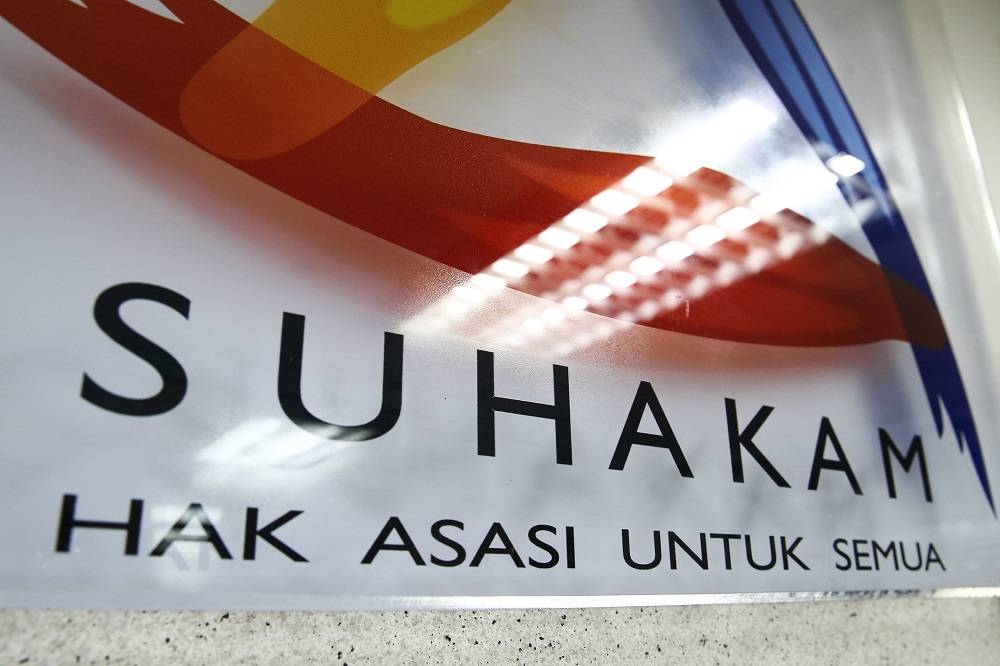JULY 1 ― Despite recent human rights issues like the report claiming deaths and inhumane treatment of Indonesian detainees at the Immigration Detention Depot in Tawau, Sabah, Suruhanjaya Hak Asasi Manusia Malaysia (Suhakam) or Human Rights Commission of Malaysia has not been heard.
Unlike the Indonesian Ministry of Foreign Affairs who is seeking clarification from the Sabah State Immigration Department following the report.
Suhakam is a statutory body established under the Human Rights Commission of Malaysia Act 1999 (Act 597). Other than establishing Suhakam, Act 597 also sets out the powers and functions of the Commission.
Suhakam shall be made up of not more than twenty members appointed by the Yang di-Pertuan Agong on the recommendation of the Prime Minister. (Section 5)
The Commission’s statutory functions are set out in Section 4 as follows:
(a) to promote awareness of and provide education in relation to human rights;
(b) to advise and assist the government in formulating legislation and administrative directives and procedures and recommend the necessary measures to be taken;
(c) to recommend to the government with regard to the subscription or accession of treaties and other international instruments in the field of human rights; and
(d) to inquire into complaints regarding infringements of human rights.
For the purpose of discharging its statutory functions, Suhakam may exercise any or all of the following powers:
(a) to promote awareness of human rights and to undertake research by conducting programmes, seminars and workshops and to disseminate and distribute the results of such research;
(b) to advise the government and/or the relevant authorities of complaints against such authorities and recommend to the government and/or such authorities appropriate measures to be taken;
(c) to study and verify any infringement of human rights in accordance with the provisions of Act 597;
(d) to visit places of detention in accordance with procedures as prescribed by the laws relating to the places of detention and to make necessary recommendations;
(e) to issue public statements on human rights as and when necessary; and
(f) to undertake any other appropriate activities as are necessary in accordance with the written laws in force, if any, in relation to such activities.

Now, the visit by Suhakam to any place of detention under paragraph (d) above cannot be refused by the person in charge of such place of detention if the procedures provided in the laws regulating such places of detention are complied with.
In the discharge of its functions and the exercise of its powers, Suhakam must have regard to the Universal Declaration of Human Rights 1948 to the extent that it is not inconsistent with the Federal Constitution.
But how shall Suhakam discharge its statutory functions and exercise its power when there are no commissioners?
Without commissioners, Suhakam cannot be heard. The Commission has not been heard since April when it expressed its disappointment with Perlis Mufti Datuk Mohd Asri Zainul Abidin for saying that is “sinful” for Muslim lawyers to defend wrongdoers in court.
The Commission pointed out that everyone has the fundamental right to be represented in court as it is an important element in any justice system and must be respected.
Without its commissioners, Suhakam is in silent or mute mode.
* This is the personal opinion of the writer or organisation and does not necessarily represent the views of Malay Mail.





















